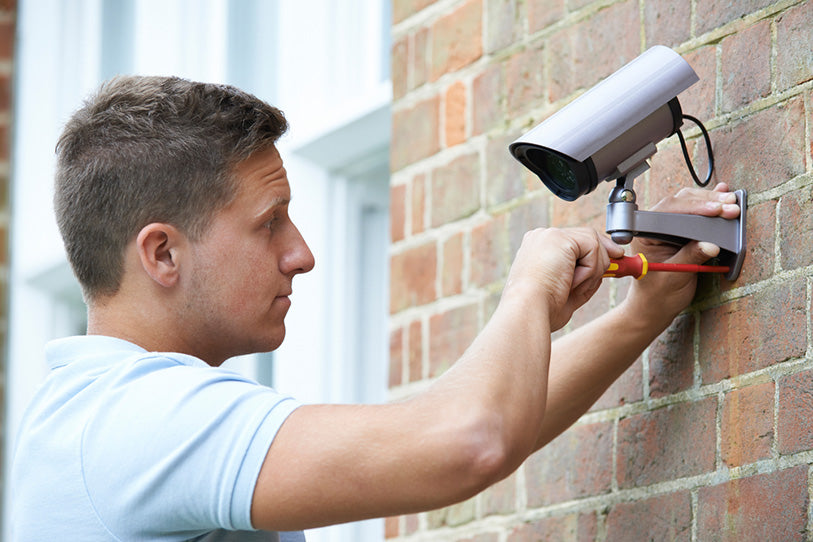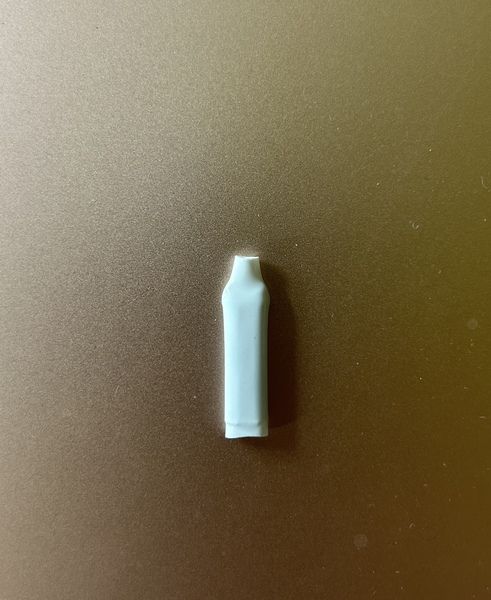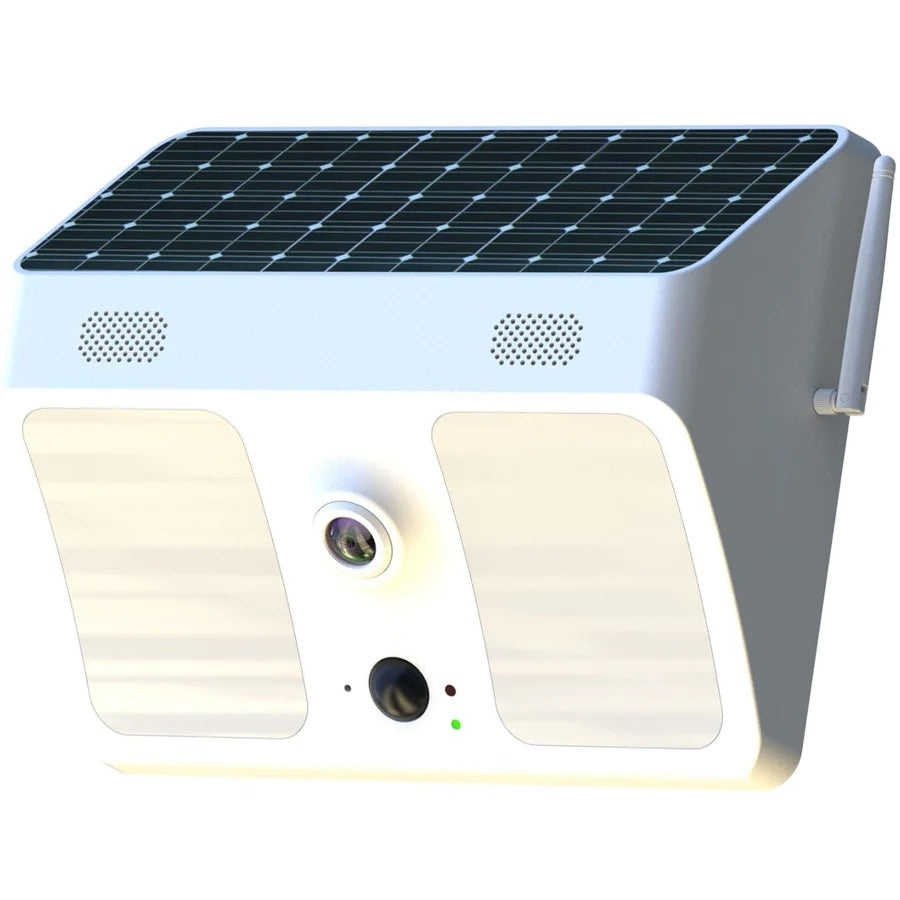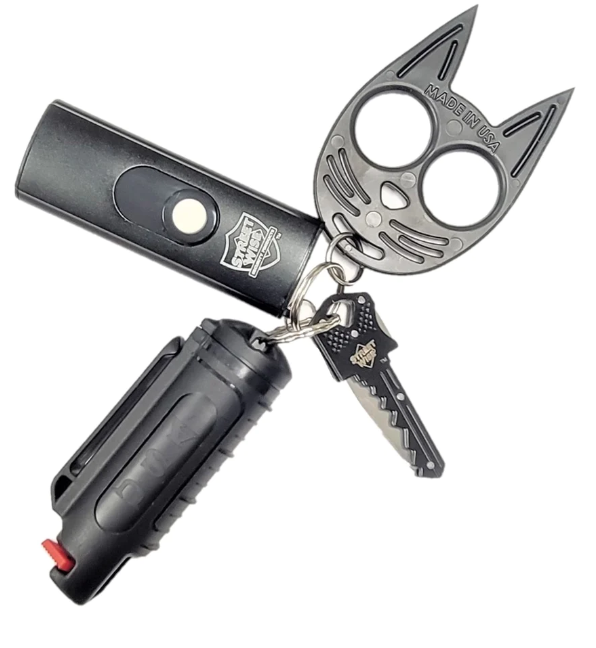As a homeowner, your home is one of your most precious assets. It houses your family, possessions and memories. It also acts as a financial investment that requires maintenance to maintain value. For the ultimate protection, your home requires considerable security.
People can implement home security in numerous forms, but one of the most notable methods is with the installation of doorbell cameras and general surveillance equipment. Security cameras provide homeowners with an excellent form of protection for family members in the house and for the property itself.
Security and spy cameras have been shown to reduce rates in crime when visible, deterring possible intruders from committing criminal acts to avoid potential justice. This “eye in the sky” can be the exact tool needed to keep your home safe from criminals, sending them running while notifying you of their approach.
Where are the best places to put spy cameras?
Cameras should be placed in locations where a burglar is most likely to attempt to enter your home. These include:
- Front doors
- First-floor windows
- Off-street windows and sliding glass doors
- Back doors
- Garages
- Basements and basement entrances
You can also place spy cameras on the corners of your home, aiming them so they collect footage of major entrances. For instance, you can record part of your driveway to catch a license plate if a criminal pulls up to your home with a vehicle.
Best Practices for Installing Spy Cameras
- Plan ahead: Sketch out your home, like a blueprint, and make note of major entrances. You can then place and direct cameras so their perspective effectively captures high-risk areas.
- Vulnerability matters: Place cameras where they’re most needed. Doorways and windows are the best places to start. This allows you to capture evidence if someone trespasses into your home.
- Out of reach and in sight: Cameras can be used as a form of intimidation. Like a home security system sign, they act as a deterrent for criminals to leave your home alone. Cameras should not be too easy for criminals to reach and disable, but not so far away that you cannot capture details, such as a criminal’s face or license plate.
- Consider lighting: Install spy cameras in places that can collect enough light to capture a good image during the day or night. This is especially important if your cameras do not have a night vision feature.
-
Wide Dynamic Range (WDR) capabilities: Featured on CCTV cameras, WDR allows you to capture quality footage in high-contrast areas, such as doorways and windows, that allow for the passage of a lot of light.
Is Your Surveillance Setup Legal?
Technically, it is not illegal to record people in public places. However, the matter of legality changes when considering filming people on private or personal property.
For homeowners, you must consider the legality of home surveillance as it relates to your neighbors. If your neighbor’s lawn is the only thing appearing in your camera feed, that shouldn’t be an issue. But, if their home appears in view, that might be an invasion of privacy. A discussion with your neighbor can usually resolve these issues.
Recording inside your home is a gray area, too. You don’t have unlimited right to record throughout your home, but the limitations are few: guests should not expect to be recorded in the bathroom or in the guest bedroom. If cameras are placed within any of these areas, guests should give consent first.
If you’re looking to protect your home at all costs, start with a home security system strengthened with spy cameras. Our selection at The Home Security Superstore contains a variety of cameras designed to protect every part of your home, inside and out.
FAQs:
What are the best places for home security cameras?
Entrances to your home and property are ideal areas for spy cameras, as these will be areas of potential break-ins. Areas include your driveway, front door, garage, sliding glass doors and more.
Is outside-of-home surveillance legal?
It depends. If a camera captures part of your neighbor’s front yard, you should be alright. However, having your camera pointed at your neighbor’s home can be cause for legal trouble.





